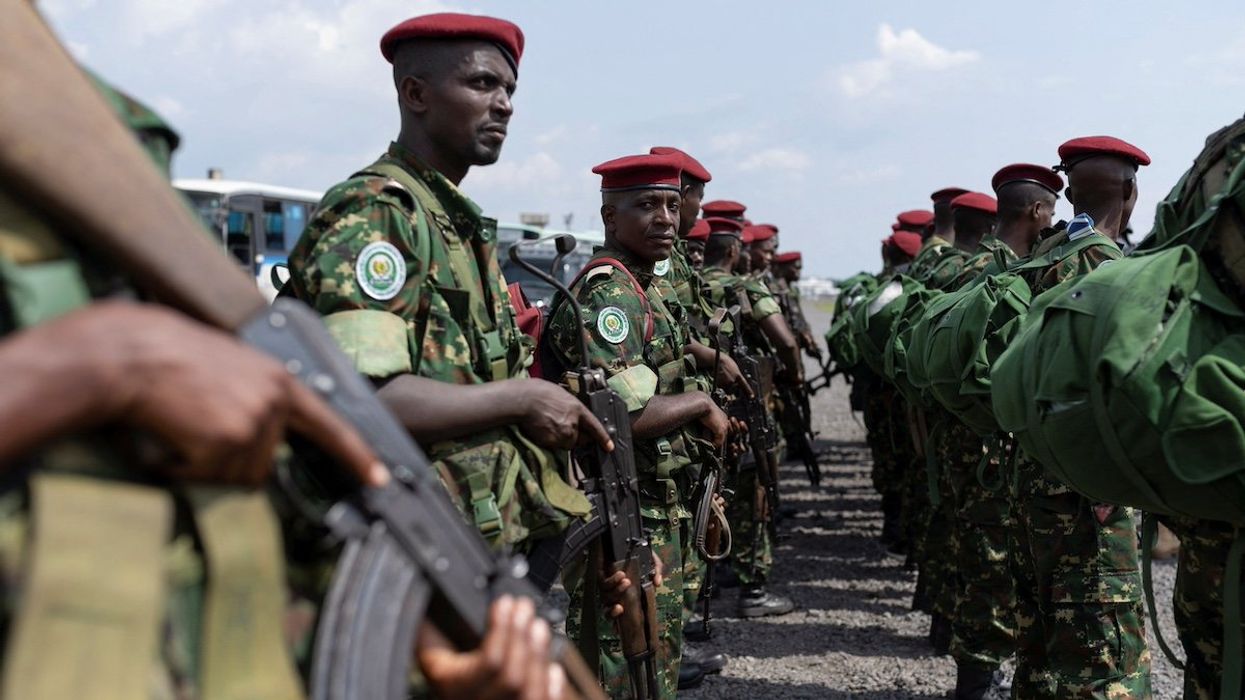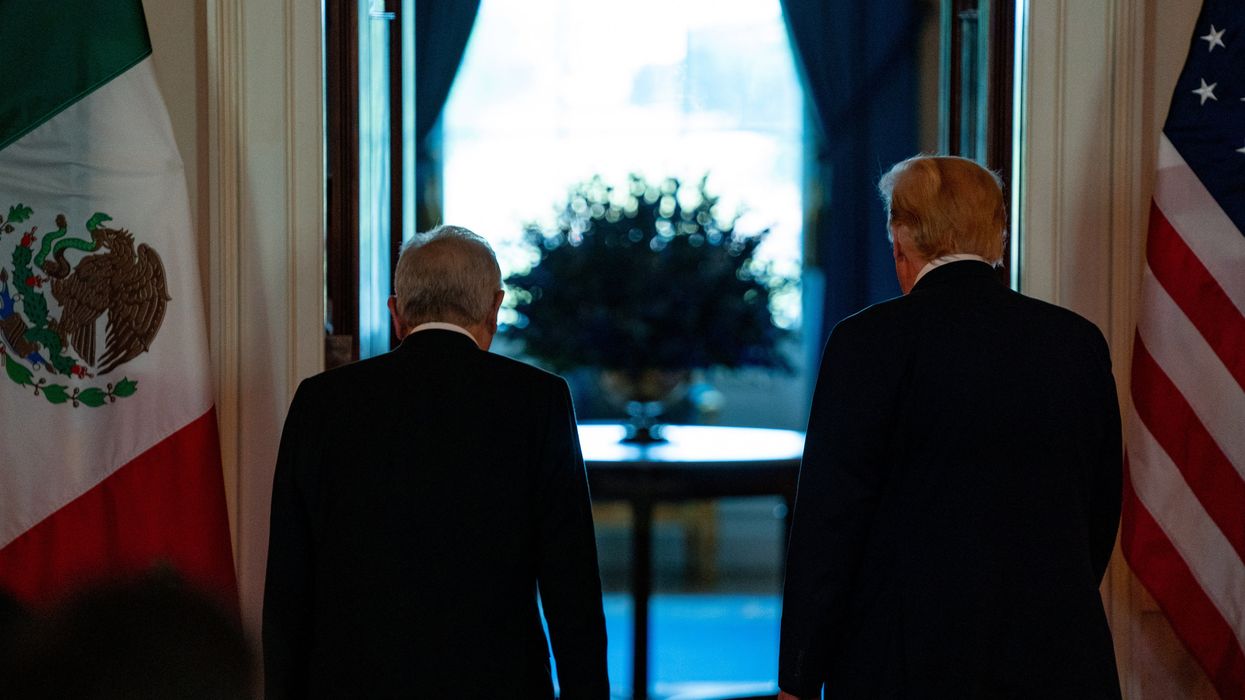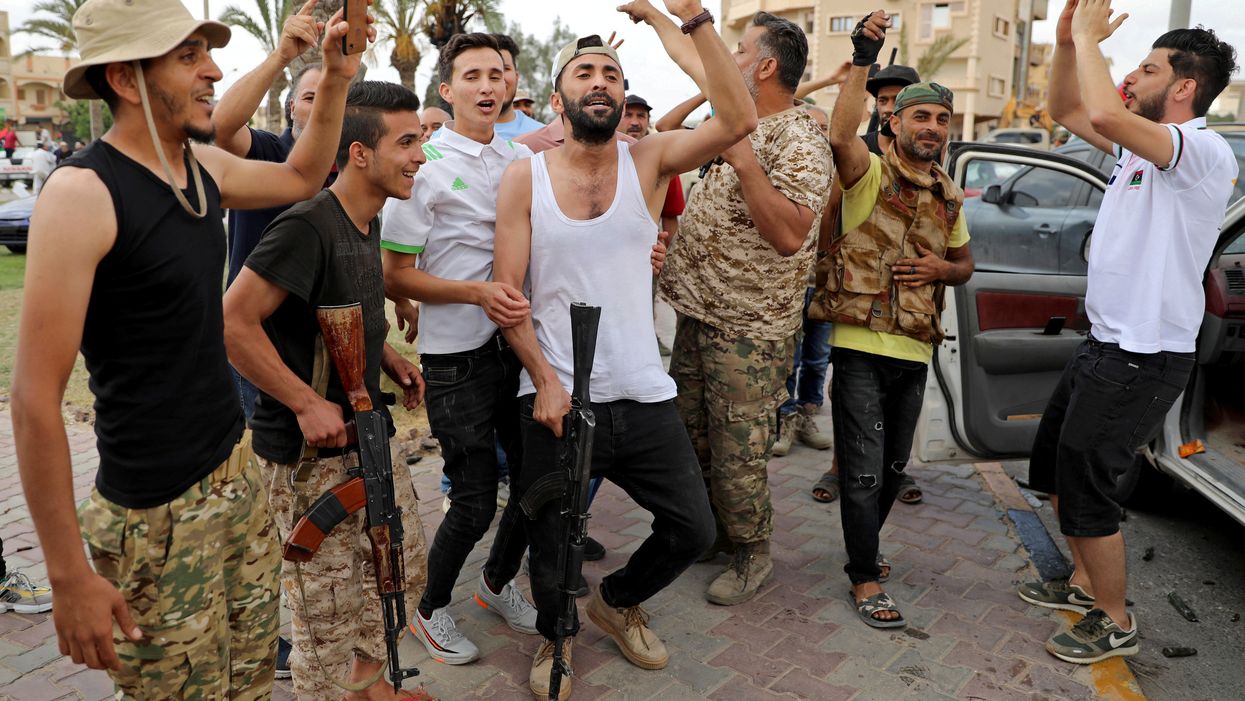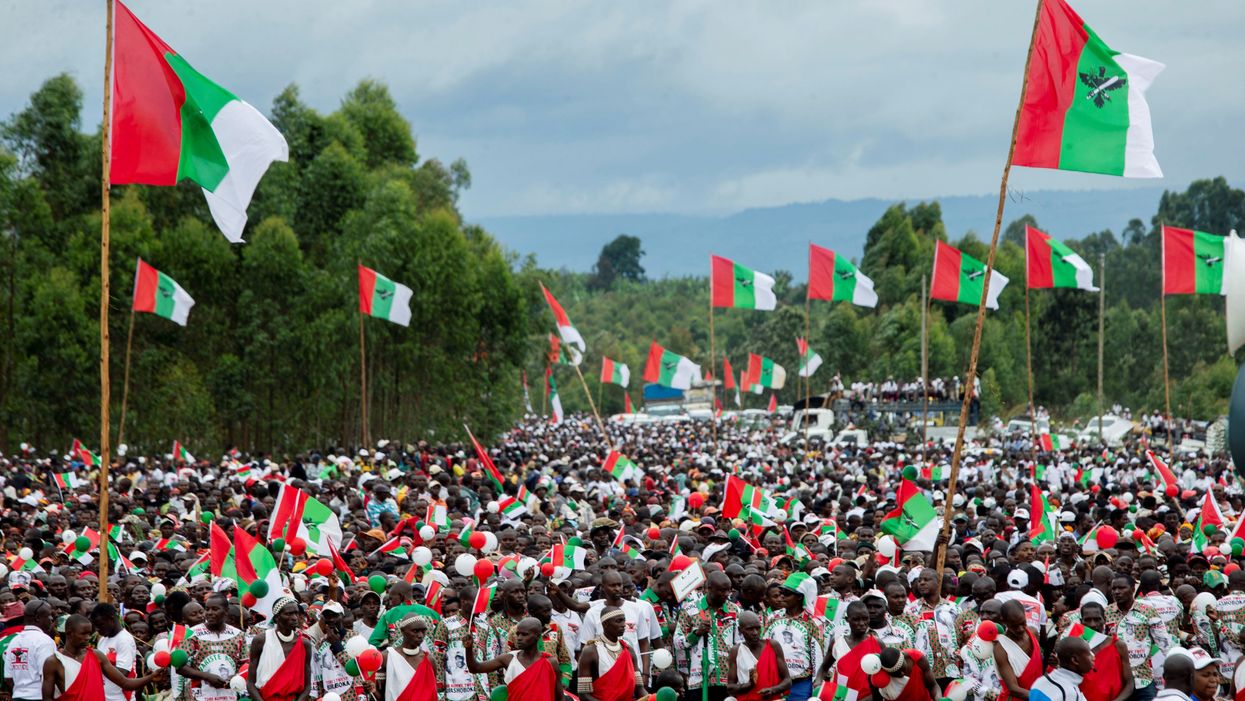What We're Watching
Burundi detains troops who refused to fight in Congo
The Burundian government has been detaining troops for refusing orders to deploy to the neighboring Democratic Republic of Congo, where Burundi is trying to stop the advances of a rebel group backed by Rwanda.
Feb 28, 2024




